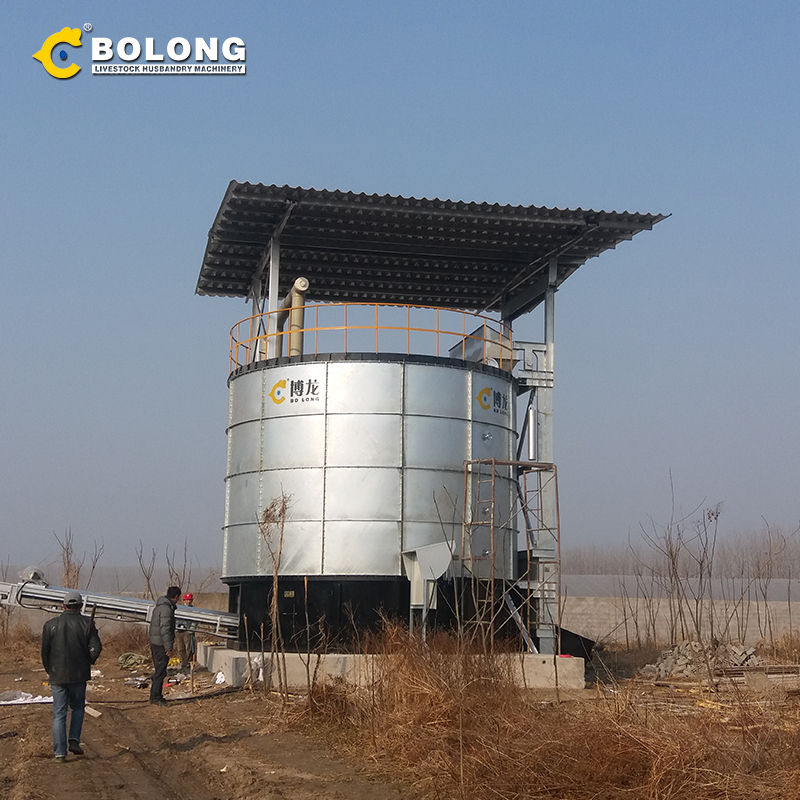
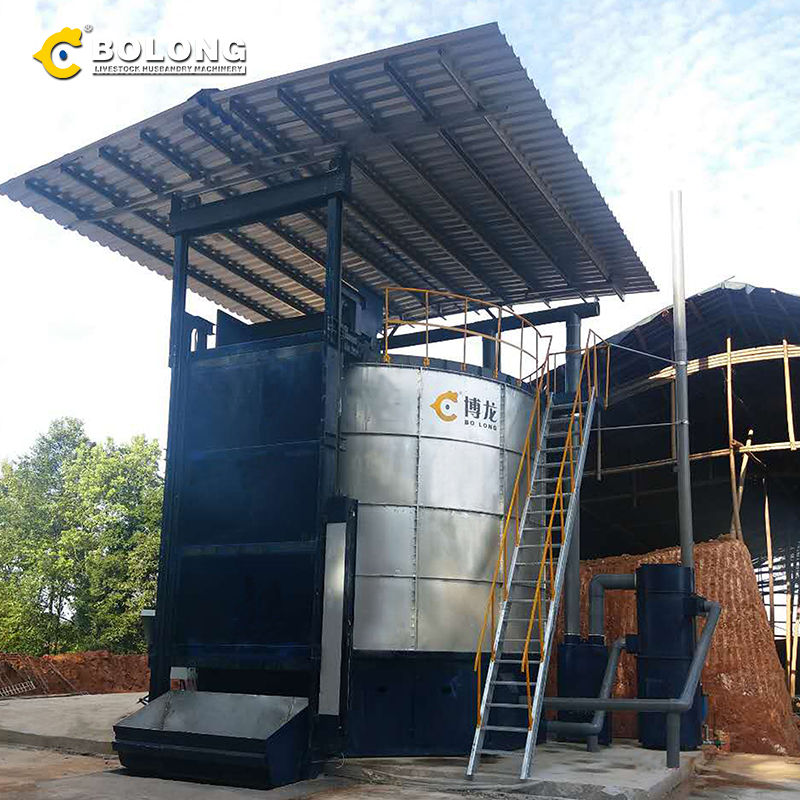
2022/9/6/ · Figure 1 shows the metabolic pathway of complex carbohydrates: monosaccharides are generated through water, pyruvate is generated through glycolysis, and after fermentation, it is converted into lactic acid, acetic acid, propionic acid, butyric acid, ethanol, etc. The end product is governed by the energy production process, the
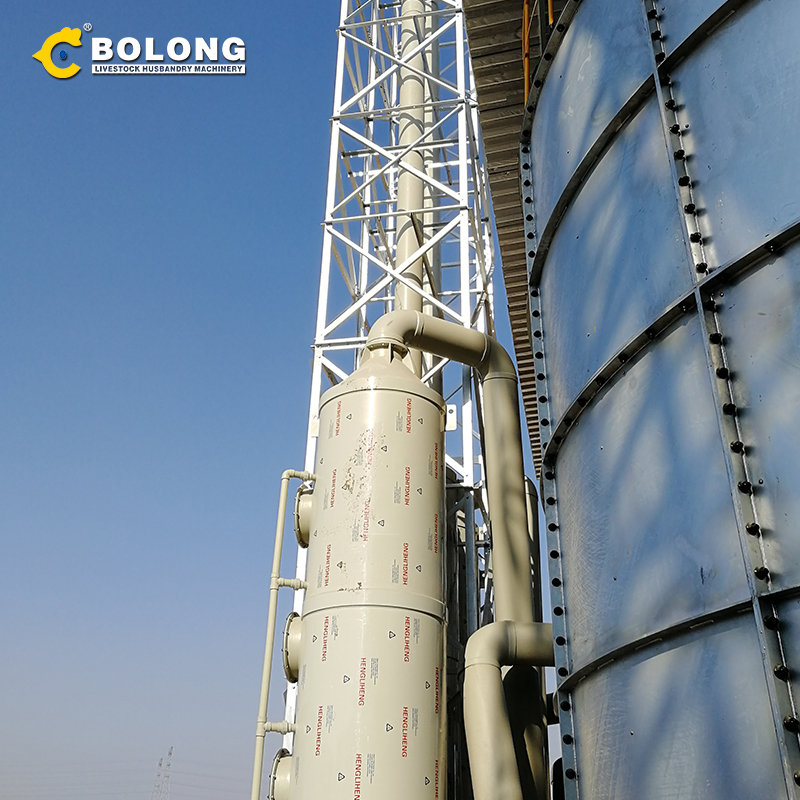
2023/11/14/ · 500 liter fermentation tanks enable efficient, consistent beer production at a small to mid-size craft brewery scale. Key features of 500L fermenters: Batch capacity around 500 liters or 120-150 gallons. Optimized for ales and lagers at 5-7 barrel scale. Shorter fermentation time compared to smaller tanks.
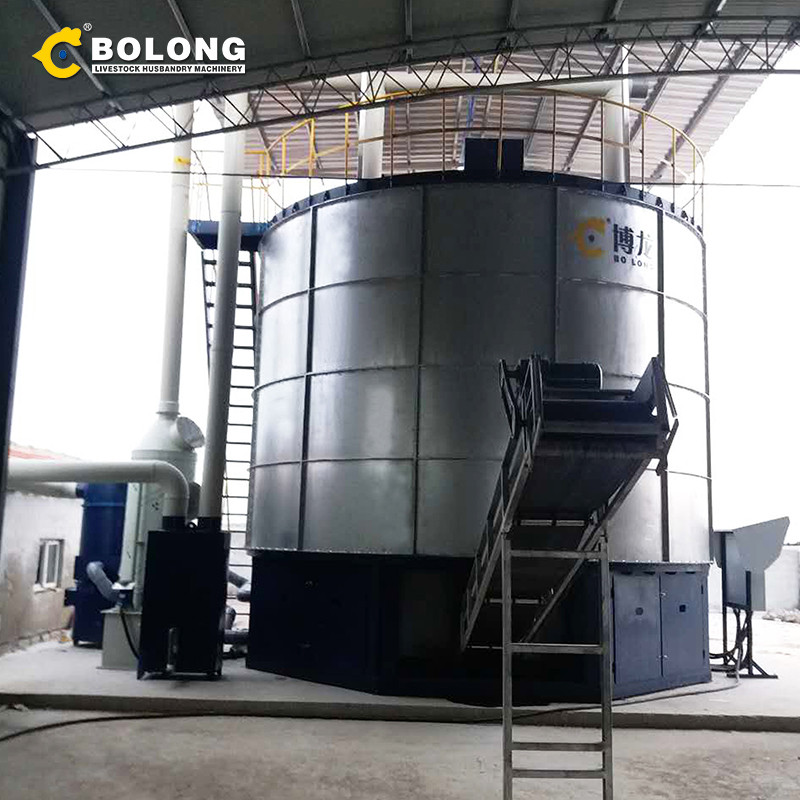
2015/11/1/ · This requires that the CIP tanks be equipped with sprayballs or orbital cleaners. CIP tank volumes are determined as follows: Pre-rinse tank. The volume of this tank is calculated as a function of the highest CIP flow volume, multiplied by the duration of the pre-rinse step. Typical pre-rinse times are 15–20 min for vessels, and 5 min for pipes.

2023/9/4/ · Small-scale: $200 – $500. Industrial-scale: $1,500 – $4,000. 2. Closed Fermenting Tanks These tanks are completely sealed, offering a more controlled environment. They are favored in many modern brewing and wine-making setups due to their efficiency in maintaining sanitation and controlling the fermentation process.
![<h3>Best Aquarium Filter: Your 2023 Trusted Guide [TRIED & TESTED]</h3>](/wp-content/themes/bolong/load/10/garden waste aerobic fermenter.jpg)
2023/10/29/ · 06/21/2024 08:50 pm GMT. Medium tanks can accommodate any type of aquarium filter, but I find that HOB filters are the best option in terms of filtration capacity, space, and price.And for tanks with significantly higher bioloads, a canister filter works best . Here are 3 of my favorite aquarium filters for medium tanks between 20-40 gallons:

2016/1/1/ · This paper addresses the batch stirred bioreactor design for ethanol production with yeasts Saccharomyces cerevisiae under anaerobic conditions carried out to improve the performance of the fermentation process. A large, appropriate – sized fermenter is supposed 70 m 3. The operating volume is 52,5 m 3. Batch fermentation
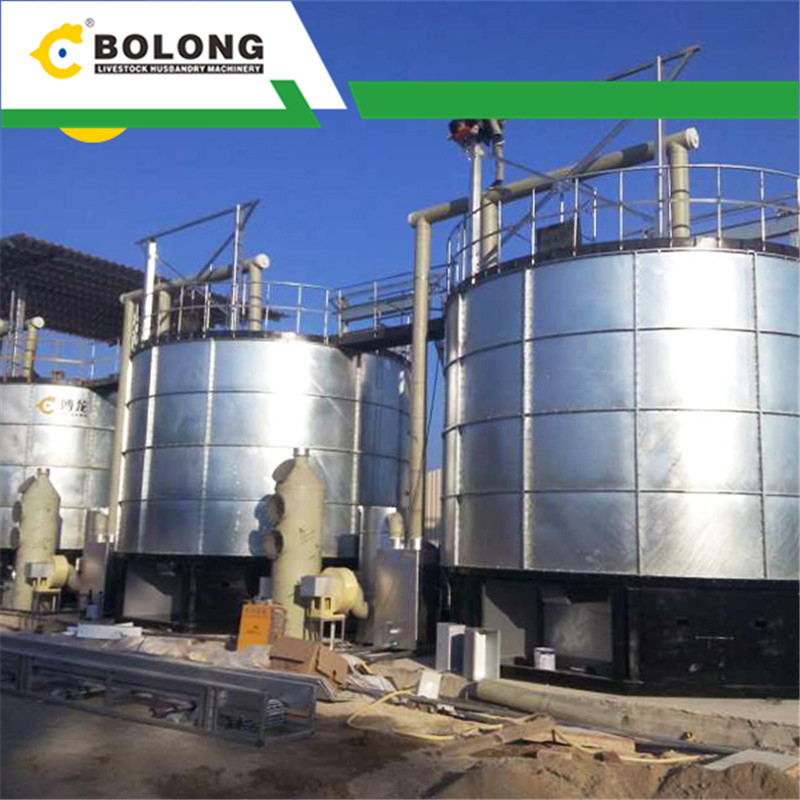
2024/2/23/ · Commercial fermentation tanks enable large-scale beverage production with capacities ranging from a few barrels to thousands of barrels. They are constructed from stainless steel or other approved materials that resist corrosion from acidic products. Tanks can be customized with accessories like temperature controllers, cooling jackets

The 通用 Fermentation Tank with Cooling Coil is an all-round option for home brewers looking to ferment different types of beer, wine, or fruit enzymes. Its stainless steel
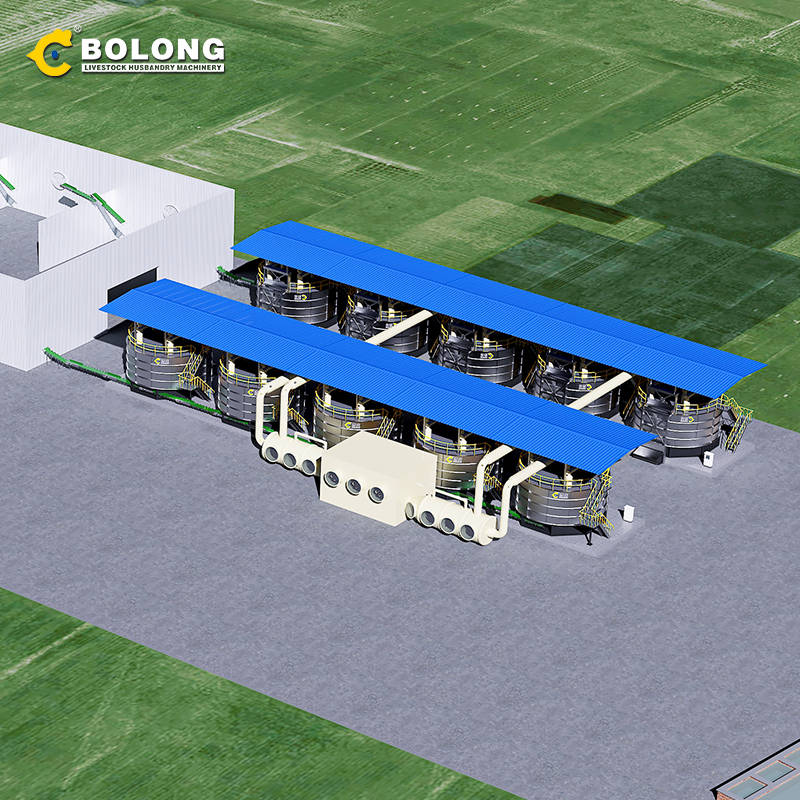
2023/9/1/ · Fermenting tanks are pivotal in brewing, winemaking, and various fermentation-based industries. These tanks come in a range of designs tailored to specific needs and preferences. Here’s an exploration into the different types of fermenting tanks
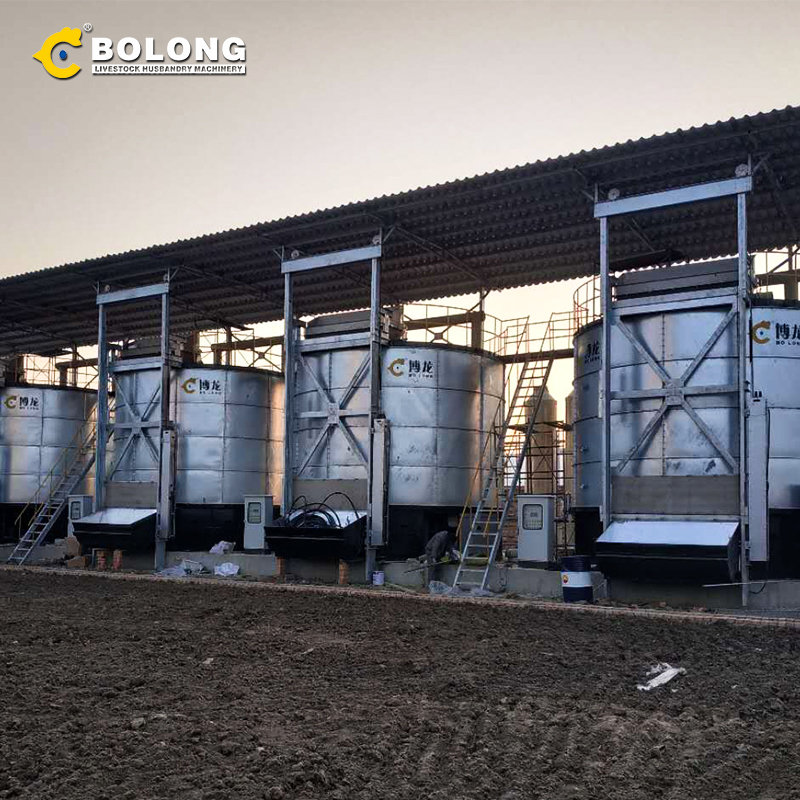
2023/12/1/ · Kombucha is a highly nutritious beverage produced predominantly from varieties of black, oolong, and green tea using a symbiotic culture of bacteria and yeast (SCOBY). With growing kombucha markets, many extracts besides conventional tea, like herbs, fruits, milk, and agro-industrial ingredients, are being employed in the fermenting

In general, manure on animal farms is a kind of nutritious material for biofertilizer production. From chicken litter to goat waste, a wide range of animal manure is available to be composted. You can mix different types of animal waste together to produce good bio fertilizer with abundant nutrients. Also, straw, sawdust, and hay can be added

The Paul Mueller Company has been building beer fermentation vessels for over 50 years for breweries of all sizes. Our customers’ needs have given us many opportunities to innovate and build thousands of custom fermentation vessels in a wide range of shapes and sizes. Your unique needs may call for indoor or outdoor fermenters, leg mounted

2023/12/1/ · Beyond the utilization of SCP from trace gas fermentation as a more sustainable protein source in microfoods, projections for 2050 propose that 10-19% of the protein demand in livestock feed can be substituted by microbial protein ( Pikaar et al., 2018 ), i.e. " microfeed ".

2020/7/8/ · From the literature, it is evident that factors such as pH, temperature, aeration rate, agitation rate, incubation time and nutrient sources such as carbon and nitrogen affect the growth of fungi and their bioactive compounds. The effect of these factors on mushroom cultivation using SmF is discussed below. Fig. 2.